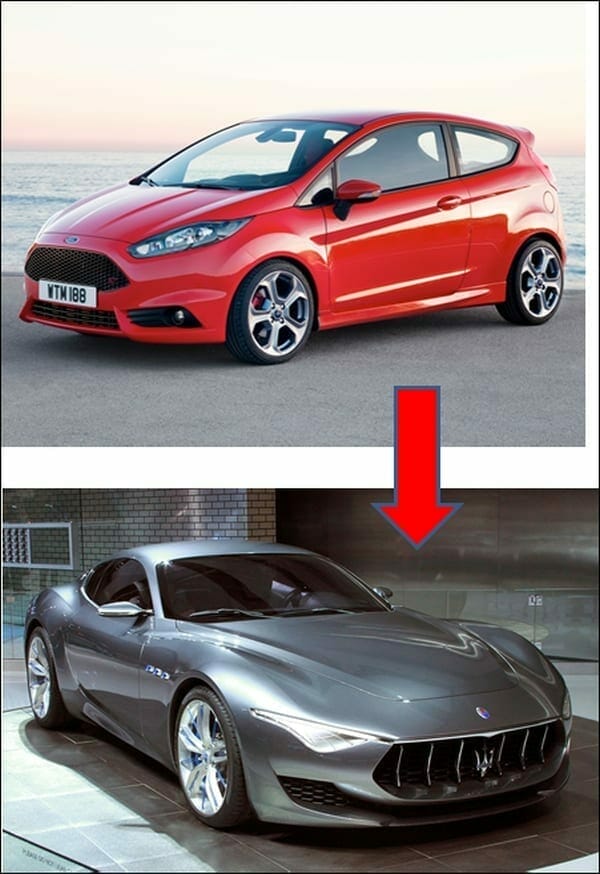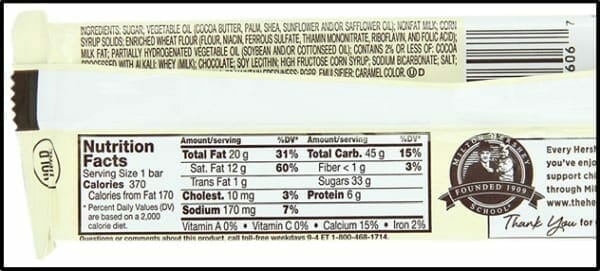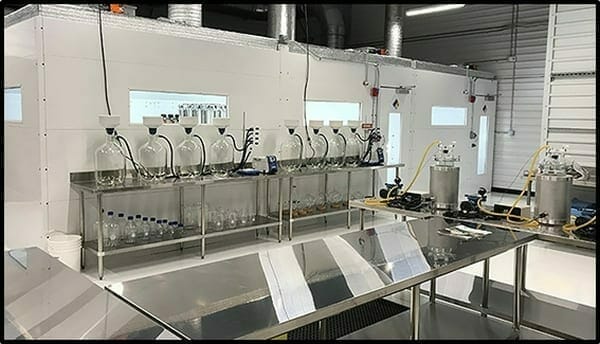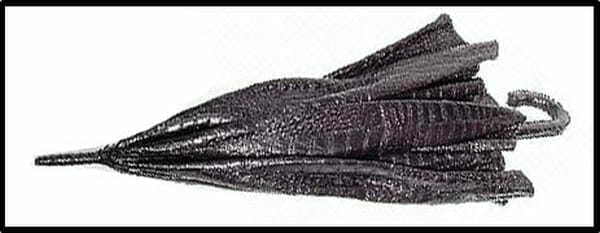The legal recreational cannabis market is so new that weed companies are still scrambling to develop coherent marketing strategies.
“Get High, Stay High”.
“Vape Different”.
“Just Smoke it”.
One thing seems inevitable: weed – like clothes, watches, food and cars – will feature “entry-level” products – and “high-end” products.
For $7 per gram you can buy a Ford Fiesta.
For $147 per gram you can by a Maserati.
On March 8, 2018 Lifestyle Delivery Systems (LDS.C) and the CSPA Group launched Rêveur, “a new luxury brand of cannabis products for the California market.”
The CSPA Group provides Californians with medical marijuana recommendations for high-quality weed in pesticide-free environments using only organic nutrients and processing methods.
“Our goal is to create a product that is scalable, beneficial, unique and profitable while controlling all channels of manufacturing, sourcing, distribution and sales.”
Lifestyle Delivery Systems is a vertically integrated weed company with an isogenic pollination nursery and state-of-the-art production facility, producing infused strips (similar to breath strips).
The CSPA Group has test marketed the luxury product line in selected retail stores in California.
LDS produced 15,000 grams of Rêveur Live Resin products in February. The launch is happening now, with “deliveries to strategically targeted retailers throughout California.”
California has recently issued new testing requirements for THC, THCA, CBD, CBDA CBN, CBG cannabinoids, twenty-two Terpenes, twenty residual solvents, herbicides and pesticides.
Soon, California weed buyers will be able to read a label as rigorously detailed as one on a chocolate bar.
This has created logistical hassles for LDS, and other cannabis producers.
The current timeline for a “full spectrum laboratory result” from a 3rd party accredited laboratory is running 10 to 15 business days.
“In our manufacturing process we are now running four full spectrum testing protocols at four intervals in the process,” confirmed Brad Eckenweiler, CEO of LDS.
- Prior to processing
- On first pass extraction or crude product
- Upon distillation
- Final product.
These new testing protocols have slowed down production and added significant cost.
The multi-level testing is critical because “as the material becomes more concentrated the results become more finite in ppm (parts per million).”
LDS anticipates aggressive market distribution of the Rêveur product line.
The company is also test marketing flavours CannastripsTM product line for final formulation this month.
If you’re interested in touring the LDS California facility you can follow our camera:
On November 14, 2017 we drove two hours east of Los Angles to a tiny desert town (pop. 30,000) called Adelanto – famous for having three prisons inside its city limits – two of them owned by the $3.1 billion Geo Group (GEO.NYSE) who claim to be operating “enhanced in-prison offender rehabilitation programs.”
We fired a few questions at Mr. Eckenweiler, like: What is an Isogenic strain? What is fresh frozen material? What is the margin on each strip? How is the LDS technology unique? What are your Q4, 2017 sales? What are your projected Q4, 2018 sales?
His answers were illuminating.
LDS has created a rapid way to get cannabis into the bloodstream. The consumer is able to feel the effects of CannaStrips in 90 seconds or less.
It’s good for the lungs.
It’s good the brain.
If you buy the high-end stuff, it may not be good for your pocketbook.
Selling luxury items to Californians is a tried-and-true concept.
This is a state where you can pay $3,500 for an “architectural concrete doorstop”, or shell out $50,000 for a crocodile-skin umbrella.
Rêveur is the French word for Dreamer.
It is aimed at the higher upscale luxury market using only fresh frozen organically grown cannabis strains “processed at minus 50 degrees Celsius preserving all the natural terpenes and flavonoids”.
“Flavonoids”.
I’d probably pay extra for that.
Full Disclosure: LDS is an Equity Guru marketing client, we also own stock.





